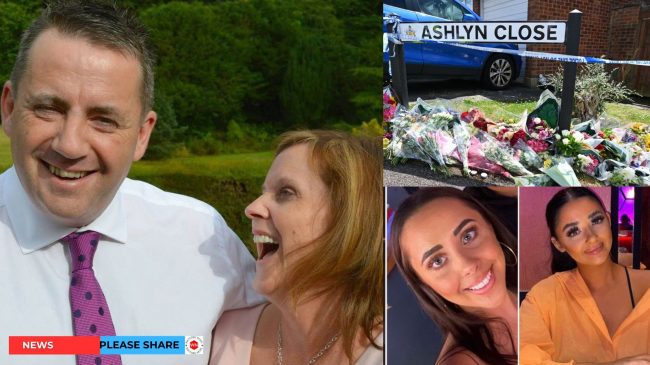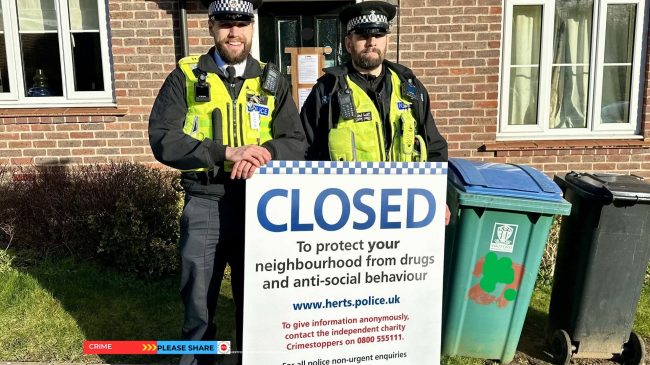Hot Weather Poses Danger for people who suffer fatigue
With parts of the country experiencing their hottest temperatures of the year this week, the Royal College of Occupational Therapists (RCOT) has issued advice for people with fatigue, who may feel much more tired in hot weather. The organisation has new advice for people recovering from illness or managing a long-term health condition about how to manage their energy levels, including for when the mercury rises.
[tta_listen_btn]
Extreme heat can make you feel more tired, and it can be harder to concentrate when it’s very hot. This is even more pronounced for people with fatigue, who struggle with everyday tasks because they lack mental and/or physical energy, even in regular temperatures. Even relatively simple tasks, like getting out of bed or putting on shoes, can be hard work. It can lead to feelings of frustration, isolation and anger which will all further contribute to fatigue, and will be much worse in very high temperatures.
Fatigue affects thousands of people in the UK and everyone experiences it differently. Because it can be difficult to diagnose, and has a range of causes, it’s impossible to know the exact number of those affected.
Penny Firshman, one of the co-authors of the guide and an occupational therapist who herself experiences fatigue, says:
‘I’ve had ME for over 20 years, and then in 2020, I caught COVID, which developed into Long Covid and made my day-to-day energy levels even lower. I find some days even getting out of bed can be a struggle. After I caught COVID, I had to take 18 months off work. In hot weather I find my energy levels are even lower than normal, it’s like the heat just takes all my energy away and I’m left feeling totally exhausted, like my mind and body are trying to wade through treacle. I have to really think about what my priorities are, what I can leave for another day, and how I’m going to get the things done that need to be done. I try to build in plenty of rest breaks and make sure I’m drinking lots of water – and forgive myself if I don’t manage to do something.’
Occupational therapists work with people with fatigue to find out which activities are most important to them, and help them come up with practical solutions to be able to do those things. This will usually involve the Three Ps approach: pacing, planning and prioritising. Pacing means breaking activities into smaller parts, such as climbing five stairs at a time with a rest in between, rather than tackling the whole staircase at once. Planning includes things like thinking about the times of day when you’re least tired and doing more strenuous things then. Prioritising is about having enough energy to do the things you want and need to do, which sometimes means delegating or dropping tasks.
Lauren Walker, Professional Advisor at the Royal College of Occupational Therapists, says:
‘Everyone feels a bit more tired when it’s hot, but for people who already have lower energy levels, that can feel much more pronounced. The three Ps approach – pace, plan and prioritise – can be a useful way of managing the activities you’re doing throughout the day, so you don’t run out of energy. This includes making sure you get enough rest and drink plenty of water. Sometimes, it might be more important to you to leave doing one thing, like the washing up, so you have enough energy to do something else that you value more, such as meeting up with a friend. That’s not only OK, but it’s actually really important, especially if your overall energy levels are lower because of the hot weather.’
The new, free guide, How to manage your energy levels, is packed full of practical advice for people recovering from illness or managing long-term health conditions, and will be useful for anyone who has lower energy levels in hot weather. It uses occupational therapy techniques to help people focus on what they want and need to do.
Symptoms of fatigue include extreme exhaustion that doesn’t go away with sleep; shortness of breath; aching muscles or muscle weakness; headaches; dizziness; slower response times; or problems with thinking, memory or concentration. It’s different to tiredness, which usually goes away with sleep.
Fatigue can be caused by a range of things, some of which may need intervention, including: ME/Chronic Fatigue Syndrome; sleep apnoea; iron deficiency anaemia; diabetes; overactive thyroid; hormonal changes such as puberty, pregnancy or menopause; some illnesses, such as Long Covid; or some treatments and medicines, such as chemotherapy. If someone thinks they may have fatigue, and is concerned it could be a symptom of something else, they should speak to a health professional.
RCOT’s new guide, How to manage your energy levels, can be downloaded for free at rcot.co.uk/energyguide.










